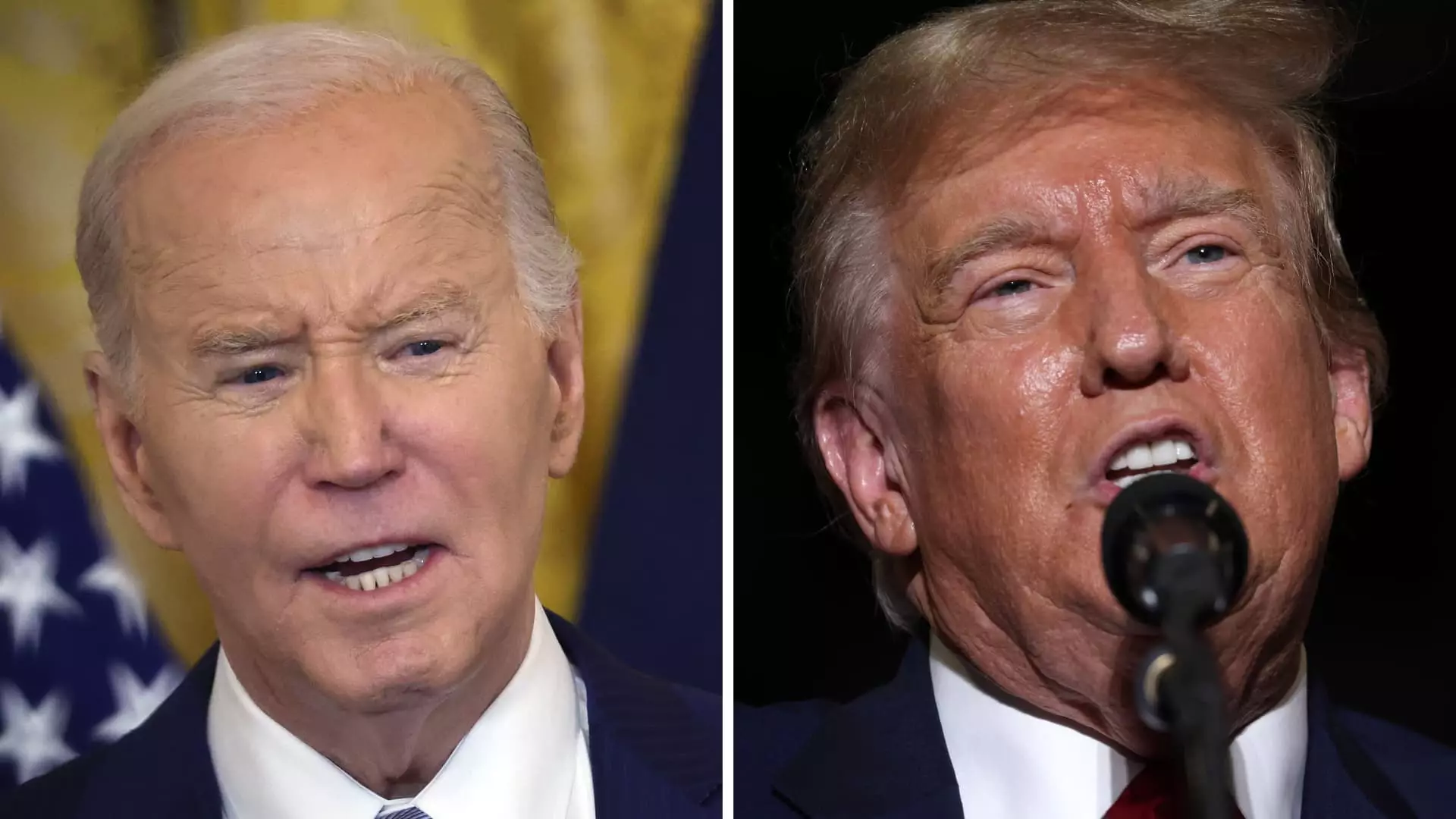The Tax Cuts and Jobs Act of 2017 (TCJA) introduced significant tax reforms resulting in temporary tax breaks for most Americans. The act included provisions such as lower federal income tax brackets, a higher standard deduction, and an increased child tax credit. These measures were aimed at providing relief to taxpayers across various income brackets. However, the TCJA included sunset provisions that are set to expire after 2025 unless extended by Congress, which could lead to tax increases for the majority of Americans.
Political Stances
The looming 2025 tax cliff has become a focal point for presidential candidates, with both President Joe Biden and former President Donald Trump addressing the issue. Trump is in favor of extending all TCJA provisions, while Biden seeks to extend tax breaks for taxpayers with incomes below the $400,000 threshold, which encompasses most Americans. Despite their differences on various policy matters, both candidates agree on the need to address the impending tax changes.
Legislative Uncertainty
The fate of these tax provisions beyond 2025 remains uncertain and is contingent on which party controls Congress. Key provisions like lower federal income tax brackets and the higher standard deduction are at risk of expiring, potentially reverting to pre-TCJA levels. This would lead to an increase in individual tax rates, affecting millions of Americans. Additionally, the child tax credit, which was significantly expanded under the TCJA, faces challenges in terms of its eligibility and refundability.
The expiration of TCJA provisions could have a profound impact on taxpayers, particularly those benefiting from the increased child tax credit and higher standard deduction. With a potential return to higher tax rates and reduced deductions, many filers could see an increase in their tax liabilities. The debate over tariffs on imports further complicates the tax landscape, with both Biden and Trump proposing different approaches to trade policy.
As 2025 approaches, concerns about the growing federal budget deficit are becoming more pronounced. Fully extending the TCJA tax breaks could add trillions to the deficit over the next decade, raising questions about how to fund these extensions. Biden’s economic advisor has emphasized the need for higher taxes on the ultra-wealthy and corporations to support the middle-class tax breaks, highlighting the importance of a fairer tax system.
The 2025 sunset provisions of the Tax Cuts and Jobs Act present a critical challenge for policymakers and taxpayers alike. The decisions made in the coming years will have far-reaching implications for the country’s tax system and economic stability. As the debate over tax policy continues to unfold, it is crucial for lawmakers to prioritize the interests of the American people and ensure a balanced approach to tax reform.

